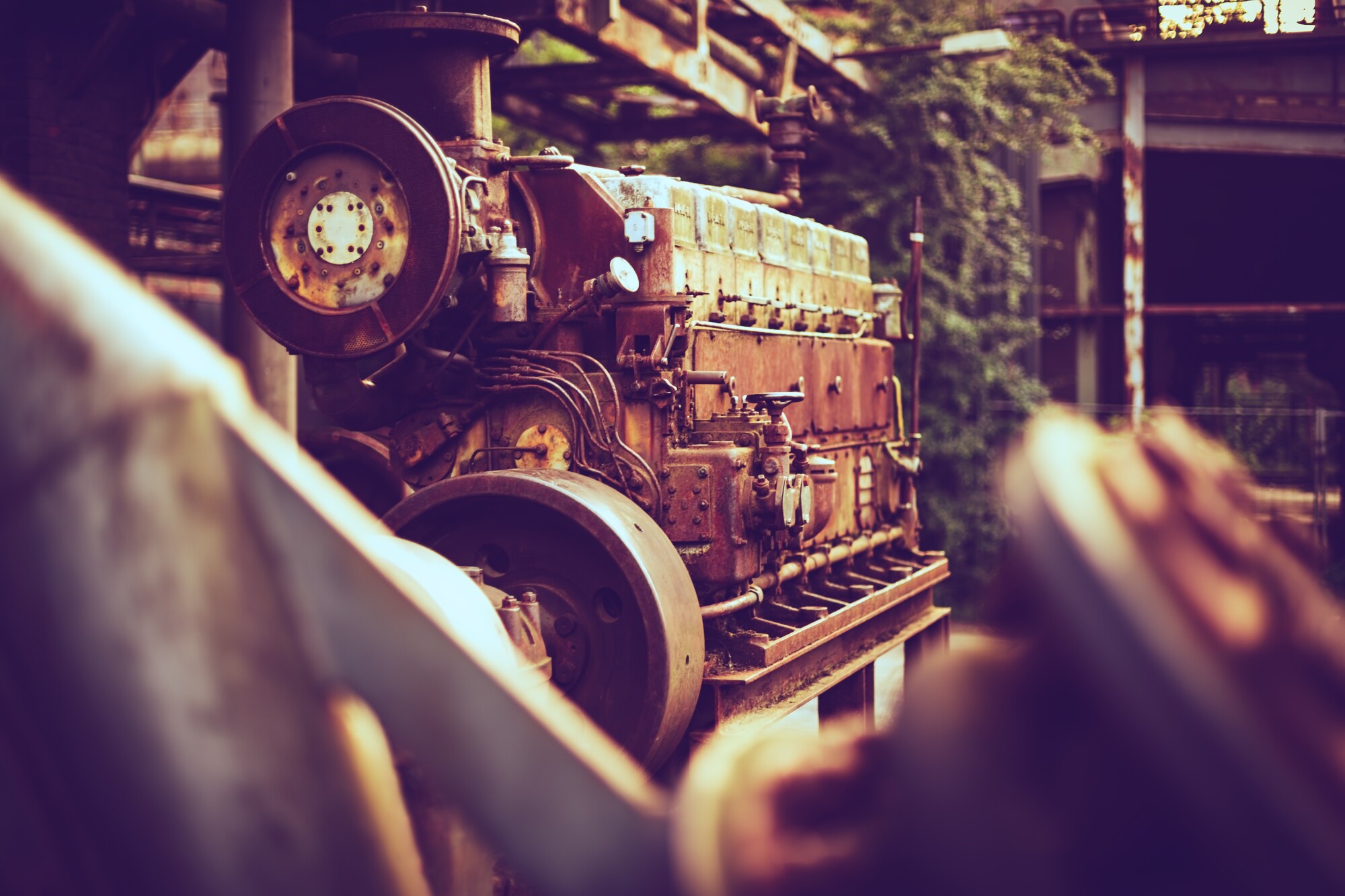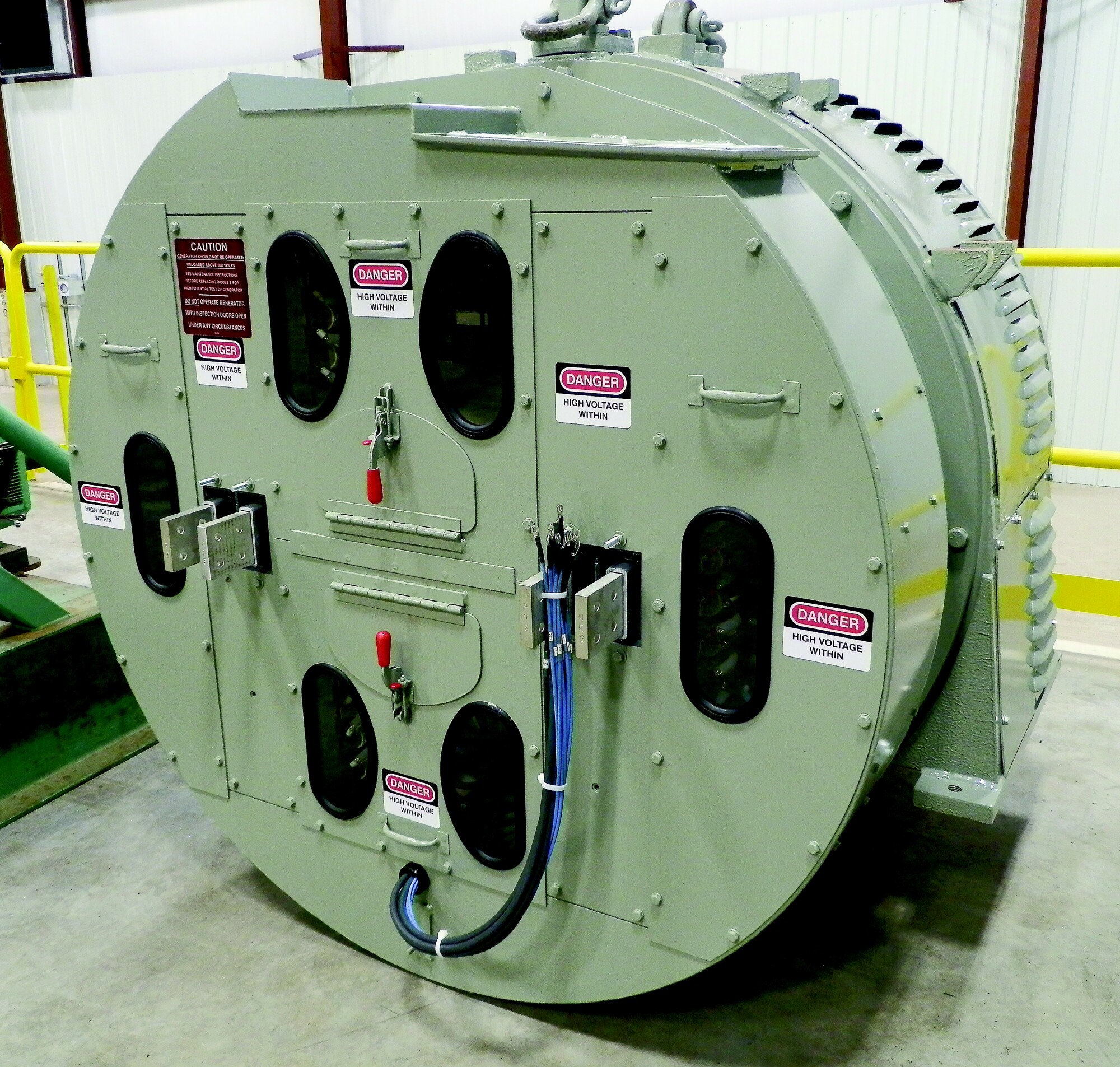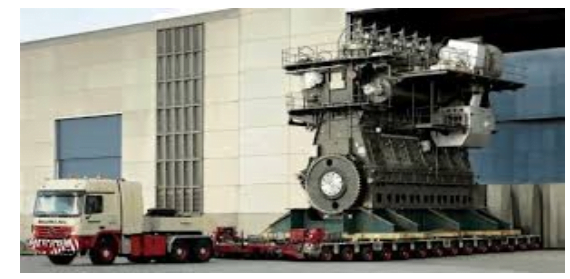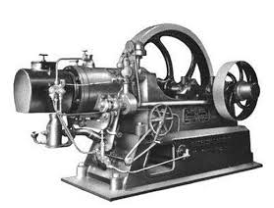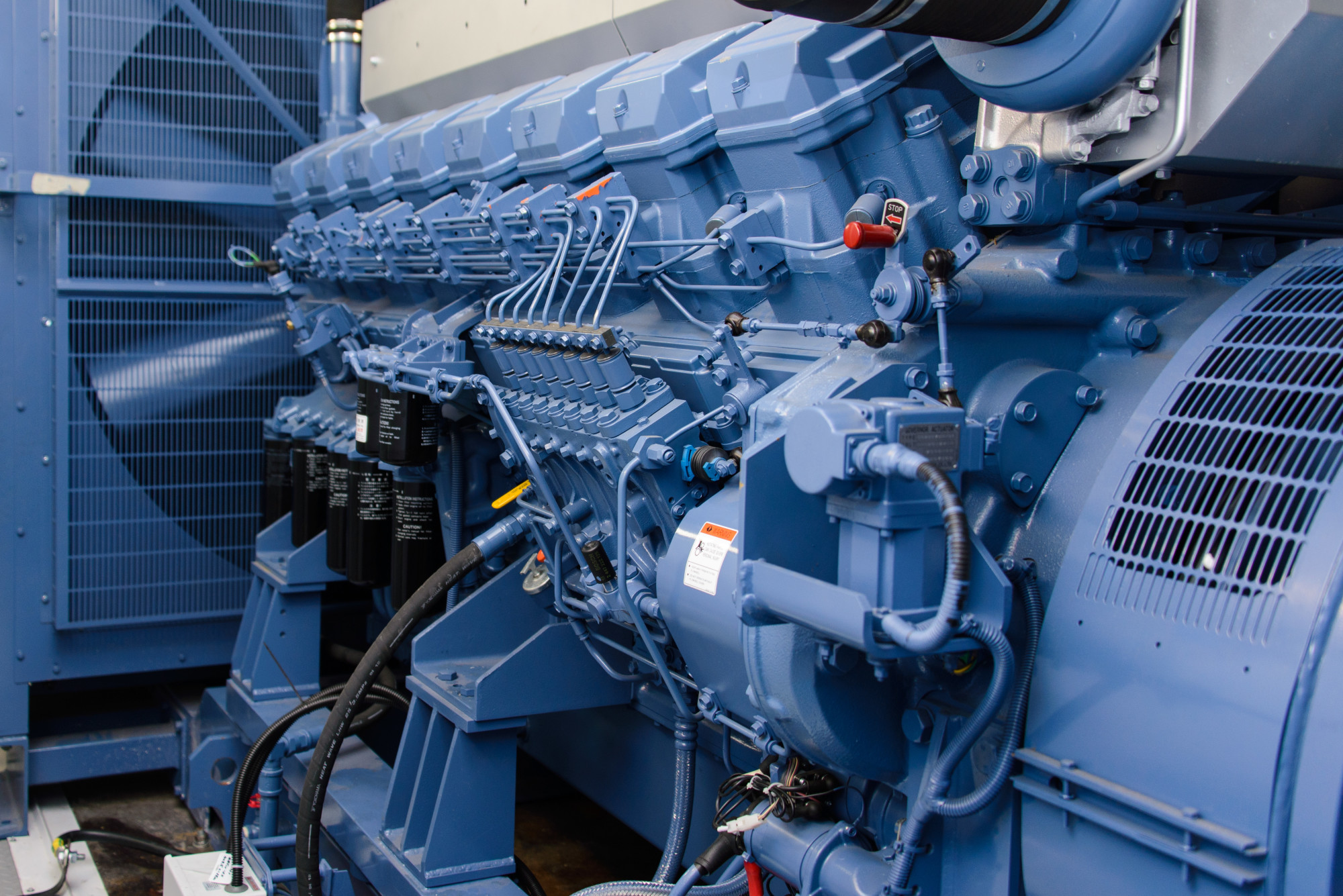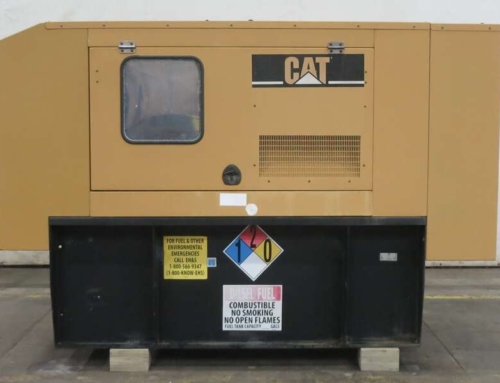Generators supply a continuous flow of electricity to any building or equipment anywhere at any time.
Diesel generators serve a variety of purposes, including personal use. Have you thought about investing in a standby generator? Here’s a closer look at how they work and how they can benefit you!
What Is a Diesel Standby Generator?
A diesel standby generator, also known as a Genset, is a piece of equipment that consists of a diesel generator engine and an electric generator/alternator. These two items work together to convert diesel fuel into electrical energy. From there, anyone requiring electricity can access it, even if they’re not connected to the power grid.
Most standby diesel generators are a supplemental energy source. Their purpose is to kick on and provide you with power should your power grid fail during a storm or peak hours of business.
How Does a Diesel Standby Generator Work?
A diesel standby generator uses diesel as its fuel source. Diesel burns at a much higher temperature compared to other fuel sources making it more efficient and powerful.
The engine converts the fuel into mechanical energy. This energy powers the alternator by spinning the alternator rotor which converts the mechanical energy into electrical energy.
In addition to the rotor, the alternator contains a stator and a magnetic field in between the two. The rotor will spin through this magnetic field to create voltage, through electromagnetic induction, on the stator. When connected to a load, the voltage from the stator will flow as an electrical current which allows the generator to provide power.
A diesel generator works like this:
- Air blows into the generator until it compresses and then diesel injects
- The combination of compressed air and diesel fuel causes the air to combust, starting the generator
- The heat from the engine converts to mechanical energy where it enters the alternator and converts the energy into electricity
A diesel standby generator can run for hours, days, and even weeks with the proper maintenance and fuel supply.
Check our new diesel generator inventory, here
Get in touch with Central States Diesel Generators today.
Call Us! 262-955-7655 | ppaden@csdieselgenerators.com
Elements of a Standby Generator
The powerful components of the generator need housing and a few other components to help the generator run smoothly.
The generator houses the engine, alternator, and other smaller components in an enclosure made of steel or aluminum. This protects the generator from the elements while also muffling the noise. The housing needs to assist with cooling the generator and resistant to corrosion.
Other parts of the generator include an emergency automatic transfer switch and a control panel. The base of the generator rests on an anti-vibration system to reduce noise and protect the integrity of the generator.
A fuel tank stores the diesel. Depending on the type of generator, the housing may contain the fuel tank or it may be separate.
Portable vs Standby Generator
Generators come in a variety of sizes and strengths depending on their purpose. Large standby portable generators used to power entire hospitals in an emergency are far larger than the portable generator you use for your camper. The two main types of generators you’ll come across are portable vs standby generators.
Portable and diesel standby generators can complete the same task of offering a power supply when you’re off the grid. When comes to convenience and cost, a standby vs portable generator offers different advantages and disadvantages.
Portable Stand Alone Diesel Generators
Portable generators typically cost less, produce less energy, and tend to be noisier than their diesel standby counterparts. Most use gasoline as their fuel source but you can find some that run on diesel, liquid propane, or natural gas. Depending on the size of the generator, it can burn anywhere from 12 to 20 gallons of fuel per day.
The advantage of a portable generator you can move them with relative ease. You can keep them safe and out of sight in storage when you’re not using them. They will require you to manually connect them to your home or camper via transfer switches.
If you need to use a portable generator during inclement weather, you’ll need to cover it with a protective covering.
Standby Generators
The most noticeable difference between a portable vs standby generator is the latter is stationary. A professional will permanently install them with weatherproofing housing outside your home, office, or workplace.
The biggest advantage of a standby generator is it’ll automatically kick in when you lose power. These generators provide enough power to let you power everything in your house or workplace at once.
Diesel standby generators are more efficient with their fuel allowing them to run for longer. Natural gas and propane options can run for even longer periods of time.
The greater level of power and efficiency offered by diesel standby generators comes with a hefty price tag. For the added cost, you gain reliability, convenience, and a better-performing generator. Other bents of a diesel standby generator include:
- Fuel efficiency
- Reliability
- Scalable design
- Local and remote use
- Automatic loading control
- Robust build
- Low emissions
Despite its great performance, most people opt for the portable generator due to the price. If you want something more powerful and long-lasting for your home or business, a diesel standby generator is the better choice.
Uses of a Standby Portable Generator
The additional power and reliability of a diesel standby generator allow it to work in a variety of situations and uses. A few generator uses include:
- Provide backup power to your home
- Power to your business
- Agriculture, farming, and ranching
- Offer electricity in remote settings
- Offer power for special events like weddings and concerts
- Camping
- Mining
- Fairs and carnivals
- Holiday displays
- Boating
Diesel generators are ideal for any situation where you need electrical power but can’t connect to the regular power grid.
Find Standby Diesel Generators Today!
Are you looking for a reliable power source to keep your home or workplace running? A diesel standby generator offers many benefits designed to fit nearly any need with added convenience. Investing in a diesel standby generator will ensure your home or office continues running smoothly.
Have questions or want to learn more about the generators we offer? Contact us today! We’re happy to help you with all of your generator needs.
Frequently Asked Questions
What are the main components of a standby generator?
Apart from the engine, generator and alternator, a standby generator also houses several other components made of steel and aluminum. These elements protect the generator and muffle the noise. The housing helps the generator remain cool. It also contains an emergency automatic transfer switch and a control panel. The generator also consists of a fuel tank and the base rests on an anti-vibration system.
What is the basic working principle of a diesel standby generator?
A diesel standby generator operates on the principle of converting chemical energy into mechanical energy, and then into electrical energy. The diesel engine burns diesel fuel, causing controlled explosions inside the engine’s cylinders. These explosions drive the movement of pistons, which turn a crankshaft connected to an alternator. The alternator then produces electricity that can power electrical loads during an outage.
What triggers a diesel standby generator to start?
A diesel standby generator typically starts automatically when the Automatic Transfer Switch (ATS) detects a power outage. The ATS signals the generator’s control panel to initiate the engine start sequence. Once the generator achieves the required speed and voltage stability, the ATS transfers the electrical load from the main power supply to the generator.


